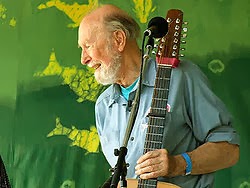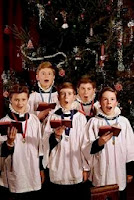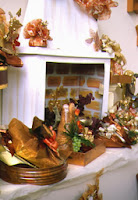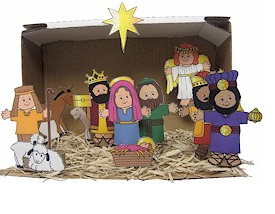Category: vocabulario en inglés
Pete Seeger- American icon- is gone
 |
| photo from Wikipedia by Anthony Pepitone |
 |
| photo from Wikipedia, by Anthony Pepitone Hudson River Sloop cultura americana |
Common Sense Advice on Language Learning
How many days a week should I study?
- Personal plan according to your months of study and hours of study per week.
- No limits! If you finish your plan, you continue until you reach the end of your period.
- The intelligent system gives you new linguistic contents when you are ready for them.
- 4 different courses: General English, Business English, English for Travel and English for the Cambridge First Certificate Exam.
Check it out: LinguaSuite
Here is today’s vocabulary in English
give up = abandonar, dejar I gave up smoking last week.
fit in with your life = ser compatible con tu vida LinguaSuite fits in with your life.
stick to something = no abandonar. Make a plan and stick to it.
switch your head off = apagar tu cabeza. When I watch TV, I switch my head off.
clean up the kitchen = recoger la cocina. After lunch my husband cleans up the kitchen.
rather than = en lugar de. Today I took the train rather than the car.
consistent = constante. CAREFUL! This is a FALSE FRIEND!
You have to be constant if you want to learn a language.
Prepositions – Responsible for
English for New Year’s Resolutions
- Be more positive= ser más positiva
- Be more tolerant= ser más tolerante
- Be nicer to other people = ser más amable con los demás
- Eat healthy = comer sano
- Get fit = ponerme en forma
- Get more organized = ser más organizado
- Lose weight = perder peso
- Not take things so seriously = no tomar las cosas tan a pecho
- Say “no” = decir que no … OR Say “yes”
- Stop smoking = dejar de fumar
- Waste less time = perder menos tiempo
English Vocabulary for Christmas
VOCABULARIO EN INGLÉS PARA LA NAVIDAD
 |
| Christmas Carols |
What are you doing at Christmas?
How was your Christmas?
 |
| fireplace |
 |
| chimney |
The shortest day, the longest night!
Here are some of the words you will see in the video:
- Frozen solid = an expression we use to mean really, really frozen. My feet are frozen solid!
- 10 feet thick = Thick tells you the espesor. 10 feet is about 305 centimeters
- Sheet = a material that is thin and large is a sheet. A sheet of paper. A sheet of ice on the street.
- 32º F This is the temperature that water freezes at.
- Sunrise = the moment when you first see the sun in the morning when it comes over the horizon.
- Sunset = The last moment you see the sun before it goes below the horizon.
- A mile is about 1.6 kilometers
- Zip code = Post code in the US
- Find their way = arrive
- A sled = a land vehicle you can use to go down a hill on the snow. Traditionally made of wood, today there are high performance, extreme sleds on the market.
- Icebreakers = here, big ships that break the arctic ice. In a conversation, an icebreaker is what you say to start the conversation when people don’t know each other.
- Brave = if you are not afraid, you are brave.
 |
| Got those presents picked out yet? |
It’s time to change

- Girls! You think you know what we want
- Pink and pretty is girls
- You like to buy us pink toys
- and everything else is for boys
- It’s time to change
- We deserve to see a range
- Cause all our toys look the same
- We would like to use our brains
- Girls that build the space ships
- Girls that grow up knowing that they can engineer that
- Don’t underestimate girls
What do people do on Thanksgiving Day?
Watch the Macy’s parade. On TV. If you are or have kids. This traditional parade on Thanksgiving Day, in New York, is sponsored by the big department store Macy’s. Huge inflated balloons. Described as “an unbelievable experience”.
Cook. A lot. Not only turkey, but pie, cake, vegetables, sweet potatoes and a very large turkey. Thanksgiving = Turkey. Also pumpkin.
For some people this is fun. For other people it is maximum stress. Newspapers and magazines will have already devoted pages on recipes and tips on how to survive in the kitchen.
Eat turkey. A lot. In the middle of the day, which is strange for us. Usually with your whole family, wherever they normally live. Planes, freeways and buses all busy carrying people from East to West and West to East. Also North and South. Many people start the meal with a prayer. Many people in the US do that every day any way. Other people don’t.
Watch football on TV.
Eat more. And drink.
Get ready for tomorrow, Black Friday.
Countries with Better English Have Better Economies
According to his survey, “the largest ranking of English skills by country, we found that in almost every one of the 60 countries and territories surveyed, a rise in English proficiency was connected with a rise in per capita income. And on an individual level, recruiters and HR managers around the world report that job seekers with exceptional English compared to their country’s level earned 30-50% percent higher salaries.”

















